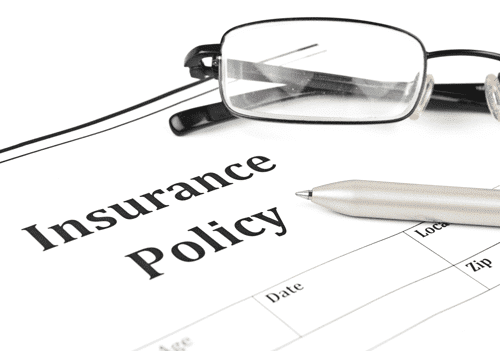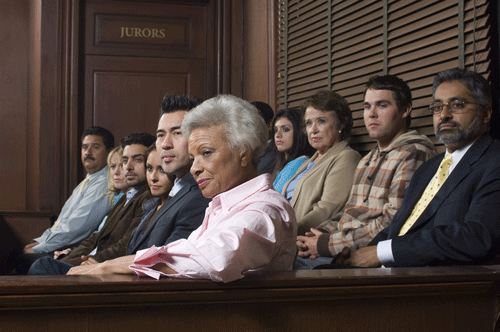Punitive Damages in Georgia
Some of the largest verdicts in Georgia involved a jury punishing egregious conduct by a defendant with a verdict that includes punitive damages. These damages compel the defendant to pay more than he would have to pay under normal circumstances. For tort claims, Georgia law provides three categories of payment: general damages, special damages, and punitive damages.
General damages include pain and suffering, while special damages include medical expenses and lost wages. Regarding punitive damages, the Georgia Code provides: “Punitive damages may be awarded only in such tort actions in which it is proven by clear and convincing evidence that the defendant’s actions showed willful misconduct, malice, fraud, wantonness, oppression, or that entire want of care which would raise the presumption of conscious indifference to consequences…Punitive damages shall be awarded not as compensation to a plaintiff but solely to punish, penalize, or deter a defendant.” In other words, for a plaintiff to recover punitive damages, the plaintiff must demonstrate to a judge or jury that such damages, which act as a punishment, are appropriate.
The average motor vehicle accident wherein the plaintiff alleges negligence is usually not eligible for punitive damages. Circumstances that have a higher probability of punitive damages are a hit and run, drunk driving, road rage, and intentionally harming someone with a motor vehicle.
Procedure to Attain Punitive Damages
There is a specific procedure to obtain punitive damages in Georgia. First, a plaintiff must specifically ask for punitive damages from the defendant in the Complaint. Next, a jury must hear arguments that punitive damages are appropriate. As mentioned from the Georgia Code, the plaintiff must demonstrate by clear and convincing evidence that the defendant’s actions consisted of willful misconduct, malice, fraud, wantonness, or the like. Finally, provided that the jury agrees that punitive damages are proper, the jury would convene, at a second portion of the trial, to determine the amount of payment for punitive damages.
Note that the standard is clear and convincing evidence, not preponderance of the evidence. Although the plaintiff can prevail at the trial by showing it is more likely than not the Defendant was negligent, an award of punitive damages requires the plaintiff to demonstrate appropriateness by a clear and convincing standard.
Punitive Damages against the Government
If the government – be it the state, county or municipal government – is a defendant in the lawsuit, then the plaintiff cannot recover punitive damages as Georgia law excludes the government from such damages. Therefore, if there is a motor vehicle accident involving a private citizen and a government owned vehicle, the private citizen cannot obtain punitive damages. This applies even if the plaintiff demonstrates that the defendant government engaged in willful misconduct by clear and convincing evidence.
However, a government employee can be liable for punitive damages if the plaintiff demonstrates that such is appropriate by clear and convincing evidence.
Contact us
If you’ve suffered an injury due to a car accident, contact the personal injury law firm of Williams Elleby Howard & Easter, a Cobb County, Georgia law firm who fights for injury victims. If you have questions or would like to discuss your case, please call our office today at 833 – LEGALGA for a free consultation.



